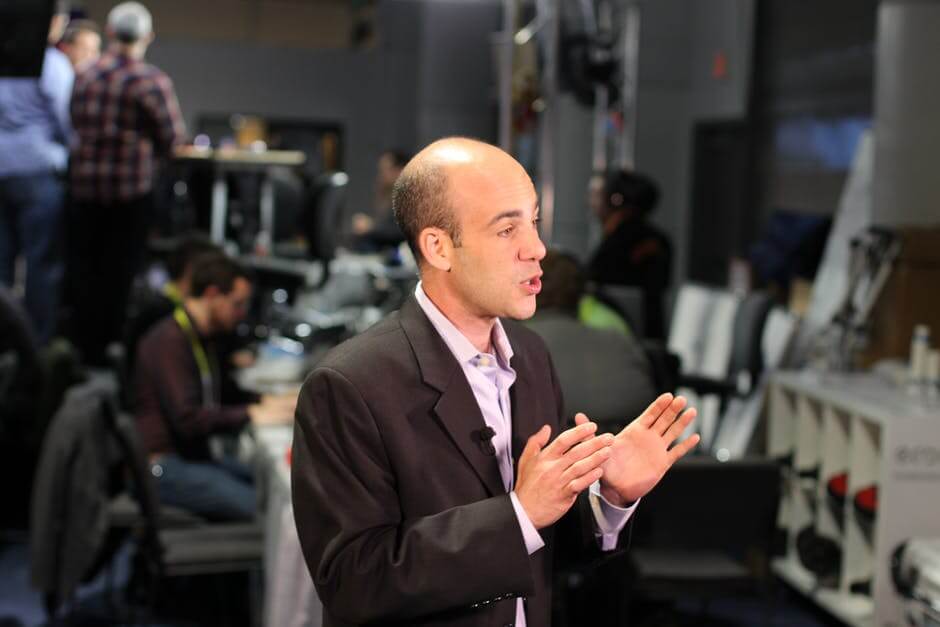Business
Good leaders do not say “It can’t be done”
Good leaders find a way to solve problems. They are the ones who believe that there are no impossible tasks.

The conference room is nearly full. As you enter, you feel, more than hear, the rumble of staff members’ voices, carrying rife speculations into the atmosphere as to why the manager has called the meeting. A hushed anticipation blankets the room. And then it happens: You ask the staff to accomplish what they think is impossible.
Before you know it, someone blurts out, “It can’t be done.” Others in the meeting agree with that statement. And still, others launch into detailed explanations of all the reasons why it can’t be done, reasons why it shouldn’t be done, and why it shouldn’t even be attempted. There is a cacophony of problem-oriented chatter. The train has left the station. The meeting descends into a chorus of “That won’t work” and “That’s impossible.” Perhaps being in the manager’s seat, you have seen this movie before.
But wait, this sequel has a different ending, a new twist. You clear your throat and single-handedly bring the problem train to a halt. You instantly stop the insanity, responding the same way to the same external factors. However, you request and you expect a different outcome. You reset the entire tone and tenure of the meeting.
Suddenly, solution-oriented ideas begin to pour forth from the lips of staff members, who moments before were 100 percent sure the problem was impossible to solve. New energy floods the room. Excitement. Creativity. Possibility. Ownership. Engagement. You are a miracle worker! How did you pull it off? You deployed the two-minute rule.

A good leader is a doer and a positive thinker. (Source)
Wired for solutions
Brain science tells us that the human brain is the original search engine. It must answer a question. The answer doesn’t have to come out of your mouth, but the mind must find an answer whenever it is presented with a problem.
As an experiment to see this fact in action, no matter what is asked next, do not recall the answer to the question:
- What’s two plus two? (Stop answering the question.)
- Who is the president of the United States? (Quit it. Don’t think of the answer.)
- In which direction does the sun rise?
- In which direction does the sun set?
If you say, “I don’t know or it’s impossible,” your brain will stop the search and halt sifting through 11 million bits of information per second. You stop your brain from finding a solution to whatever problem you are facing.
Take two minutes to suspend disbelief
Remember, the human brain must answer a question. Could you suspend your disbelief? Have you ever watched a movie that you liked? Congratulations, you have suspended your disbelief. You know movies aren’t real, even the ones “based on a true story” have been enhanced by filmmakers. To enjoy a movie, you must override your inner voice telling you that what you see in the movie is impossible.
Enter the 2-minute rule. It goes like this: Every time you hear your inner voice say things like, “That’s impossible, that won’t work, that’s not right, there’s no way, that’s crazy talk,” you give yourself two minutes of cognitive space by suspending your disbelief.
Anytime and every time you encounter information that causes your inner voice to shut down your brain’s search engine feature, implement the two- minute rule and ask yourself, “I know that’s impossible, but if it was possible, how would I do it?”
This is exactly how you turned the meeting around. You suspended your disbelief and you deployed the rule. You cleared your throat. You said, “I know what I am proposing is impossible, but if it was possible, how do you all think we would do it?”
You turned on everyone’s search engine, and you now have a room full of people seeking ways to do the impossible, instead of simply declaring it to be impossible.
—
DISCLAIMER: This article expresses my own ideas and opinions. Any information I have shared are from sources that I believe to be reliable and accurate. I did not receive any financial compensation in writing this post, nor do I own any shares in any company I’ve mentioned. I encourage any reader to do their own diligent research first before making any investment decisions.

-

 Cannabis2 weeks ago
Cannabis2 weeks agoKONOPEX Expo 2026: Celebrating Europe’s New Era of Legal Cannabis
-

 Biotech1 day ago
Biotech1 day agoVolatile Outlook for Enlivex Therapeutics as Investors Await Clinical Catalysts
-

 Impact Investing1 week ago
Impact Investing1 week agoInter IKEA Launches Electric Truck Fleet to Decarbonize Heavy-Duty Logistics in Italy
-

 Markets3 days ago
Markets3 days agoCotton Market Weakens Amid Demand Concerns and Bearish Trends

























You must be logged in to post a comment Login